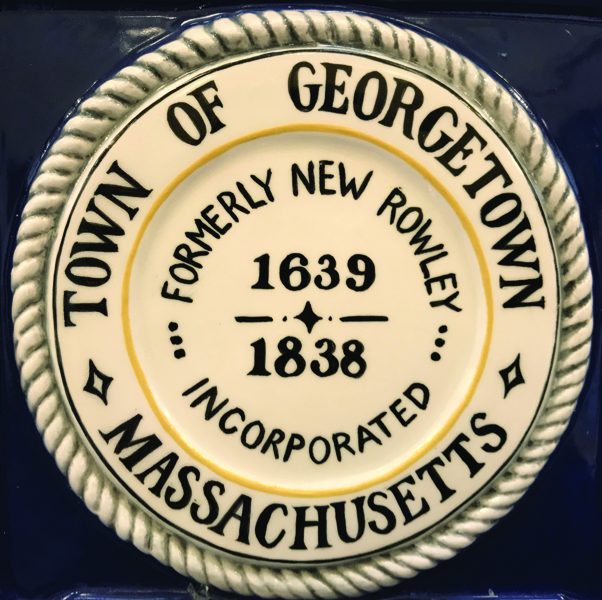REGIONAL – A challenge most small towns and cities face is finding enough volunteers to fill out the memberships of various municipal committees that regulate everything from land use to community health.
At least two municipalities – Amesbury and Georgetown – are currently looking for volunteers to sit on their conservation commissions, which regulate encroachments on wetlands and other environmental issues.
Each community has a dozen or more committees, boards and commissions and a relatively small pool of residents who are willing to devote several hours each week to prepare and attend the meetings.
In some cases, sitting on regulatory commission can result in irate citizens criticizing or even threatening them for their decisions.
So, it is not unusual that the 80/20 rule applies, maybe 90/10, where a handful of volunteers do most of the heavy lifting. They volunteer to serve on several boards and commissions.
In Georgetown, SelectBoard chair Amy Smith also serves on the open space committee. SelectBoard member Doug Dawes serves his community on the Veterans Affairs Committee as well as the board of directors for the Eastern Essex Veterans Services.
Robert Hoover, another SelectBoard member, serves on the Housing Authority. Former SelectBoard member David Twiss serves on the Community Preservation Commission (CPC) and the Housing Trust.
When SelectBoard member Rachel Bancroft was criticized recently for also serving as vice chair of the Conservation Commission and on the CPC, she asked the state Ethics Commission if she was violating state law by serving on multiple committees for Georgetown.
In a two-page letter, Christopher Popov, the assistant general council for the State Ethics Commission, said there is no conflict for Bancroft to serve on multiple committees.
“Question: Does General Law, c. 268A prohibit you from serving in all three of these capacities at the same time?
“Short Answer: No.”
Popov stated: “The Conflict of Interest Law is intended generally to govern conflicts between public and private interests. Thus, when an individual is serving in more than one agency in the same municipality, the presumption is that the individual is serving only that municipality’s interests through services on more than one municipal agency/board/position in town.
“The concern about ‘divided loyalties’ between one’s loyalty to one’s municipality and one’s personal/private interests is not relevant when one wears multiple hats in service to the same town.”
He also noted that state law also does not prohibit a resident from serving as an officer of multiple boards or commissions.
In addition, Popov wrote that state law does not govern differences of opinion between town leaders, stating that the conflict of interest law “is not intended to prohibit or, somehow, control differences of opinion about Town matters among, for example, the Select Board, the ConCom, and/or the CPC.
“It should not surprise any reasonable person that, for example, the Select Board might have an opinion that differs from the CPC’s about a pending CPC application. Similarly, the Select Board might not agree with the ConCom’s decisions about conditions the ConCom imposed regarding a Notice of Intent and compliance with the Wetlands Protection Act.”
There has been significant tension between some SelectBoard members and the ConCom. The long-time ConCom chair Carl Shreder was asked to resign because of differences of opinion and operations of the ConCom. The 17-year conservation agent Steve Przyjemski resigned, citing a toxic work environment at Town Hall.
Town Administrator Orlando Pacheco and Selectman Doug Dawes have said they have heard complaints about the operations of the ConCom. And the ConCom approved a permit for the G. Mello Trash Disposal Corp.’s new 500-ton station only when ordered to do so by the state Land Court.
Bancroft has said she was told to resign along with Shreder from the town’s ConCom, but she has refused.
State: Volunteers May Serve on Multiple Town Boards
Tuesday March 26, 2024

Georgetown - Formerly New Rowley



